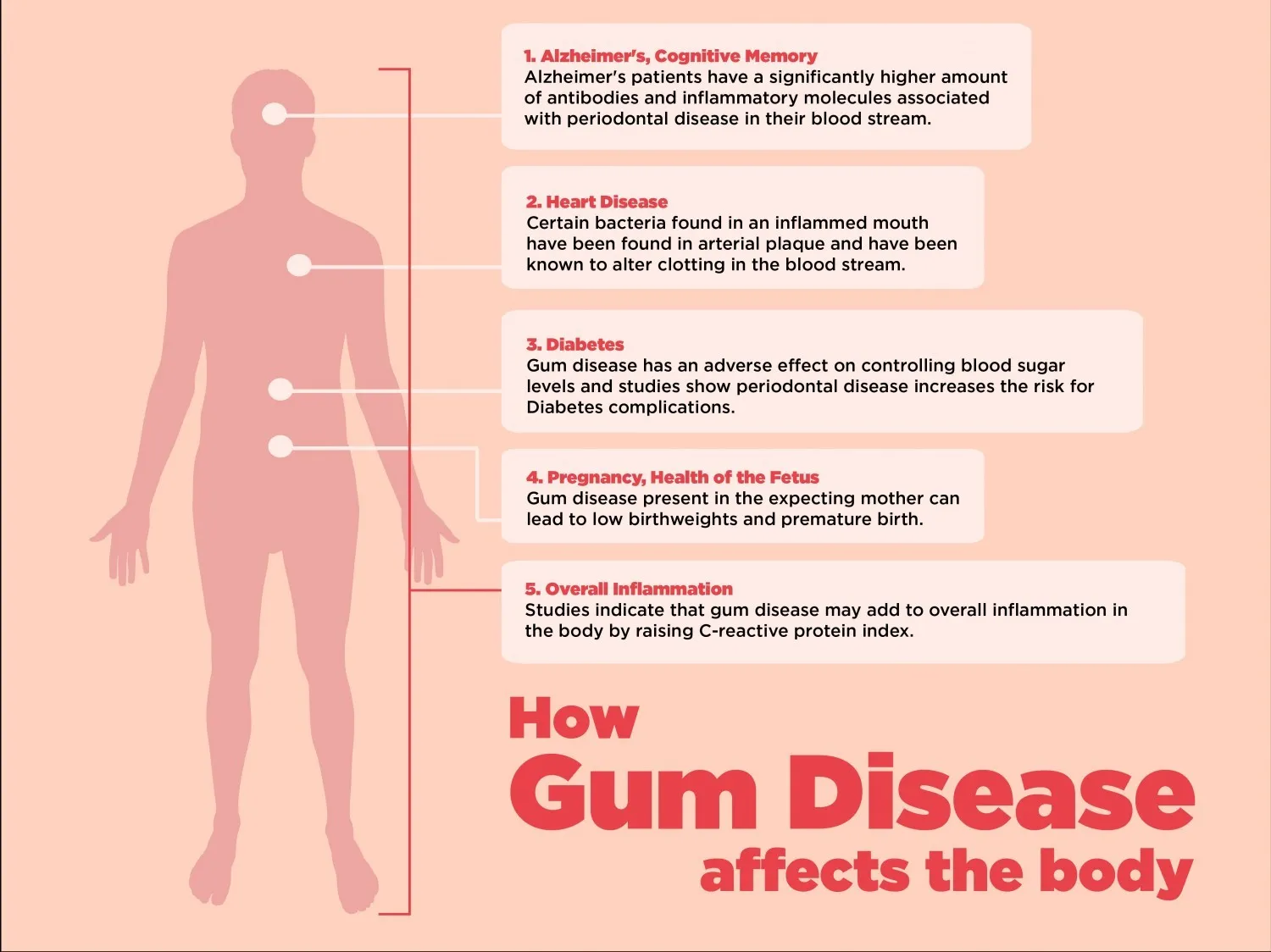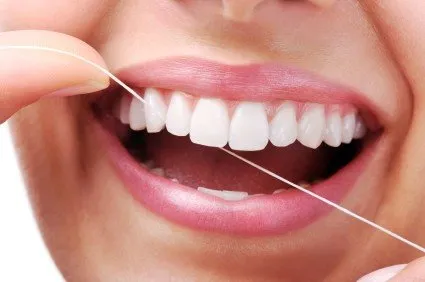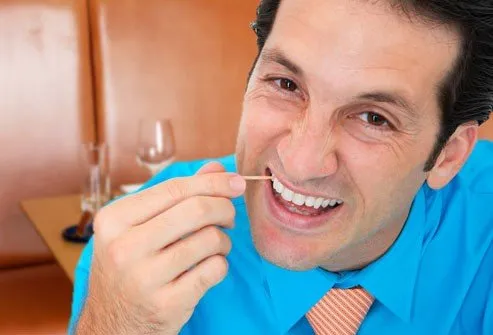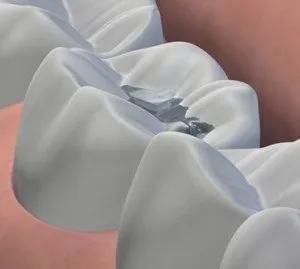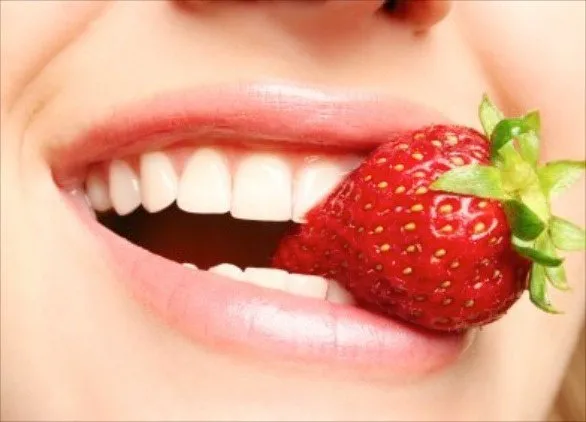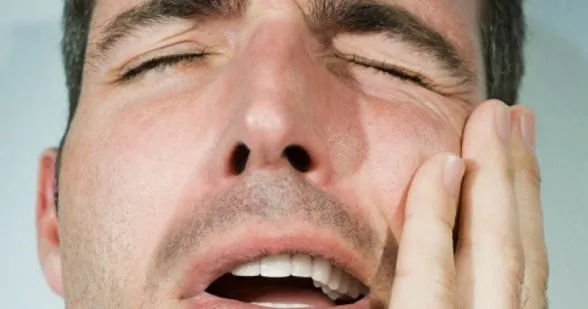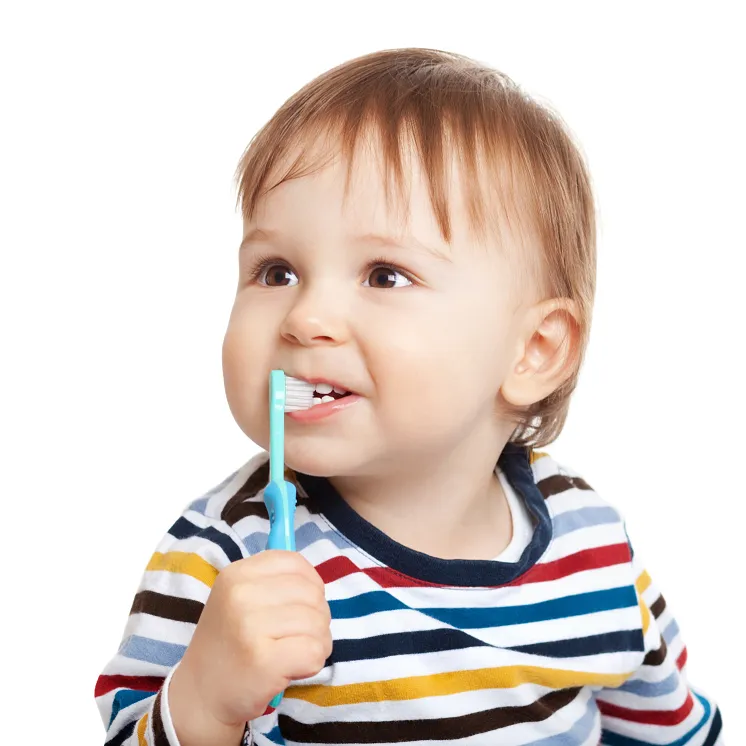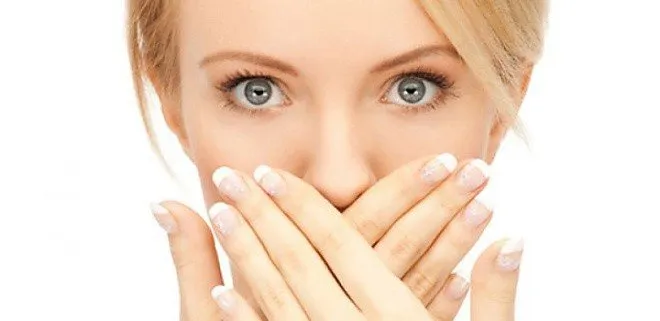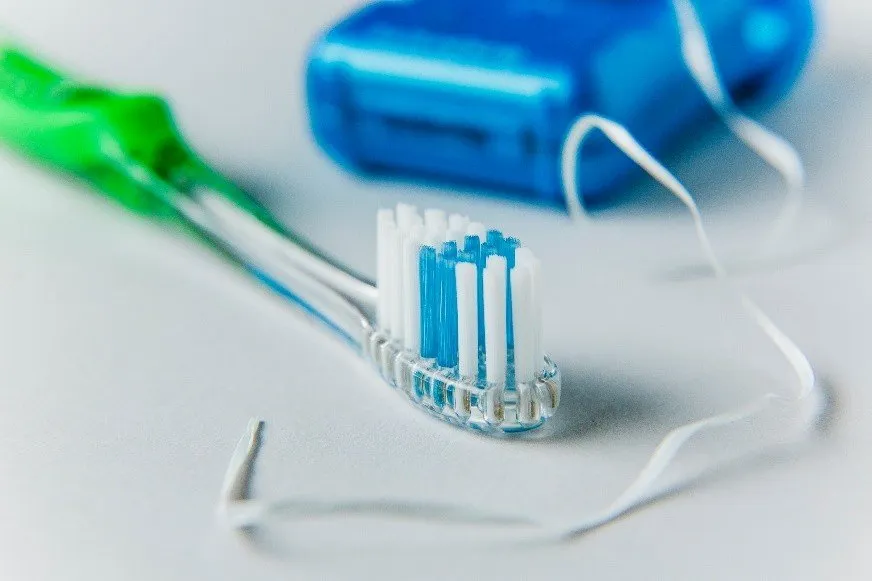Myth: Periodontal (Gum) Disease Affects Only the Mouth.
Periodontal disease, also called gum disease, is mainly caused by bacteria from plaque and tartar build up. Other factors that have the potential to cause gum disease may include: Tobacco use Grinding your teeth Certain medications Genetics Ref: Askthedentist.com Gum disease affects only the oral health is a myth. Studies suggest that it contributes to life threatening conditions such as: Heart disease and stroke – Gingivitis may increase the risk of heart disease and stroke because of the high levels of bacteria found in infected areas of the mouth. As the level of periodontal disease increases, the risk of cardiovascular disease may increase with it. Diabetes – People with diabetes often have some form of gum disease, likely caused by high blood glucose. People with diabetes need to take extra care to ensure proper brushing and flossing techniques are used to prevent the advancement of the gum disease. Regular check-ups and cleanings with your dental hygienist should be followed. Chronic kidney disease – People without any natural teeth, are more likely to have chronic kidney disease (CDK), than people with natural teeth. CDK affects blood pressure potentially causing heart disease, contributed to kidney failure, and affects bone health. Preterm birth – Women with periodontal disease are more likely to have a baby born preterm compared to women without any form of gum disease. Women are more susceptible to gingivitis when pregnant and should follow their regular brushing habits, and continue with dental cleanings and examinations. To prevent gum disease, proper brushing and flossing and following dental hygiene tips is the easiest way, but regular cleanings with your dentist are necessary to remove calculus and treat advanced gum disease. If you are concerned that you may have gum disease, contact your dentist. Source: www.webmd.com www.dentistry.com

